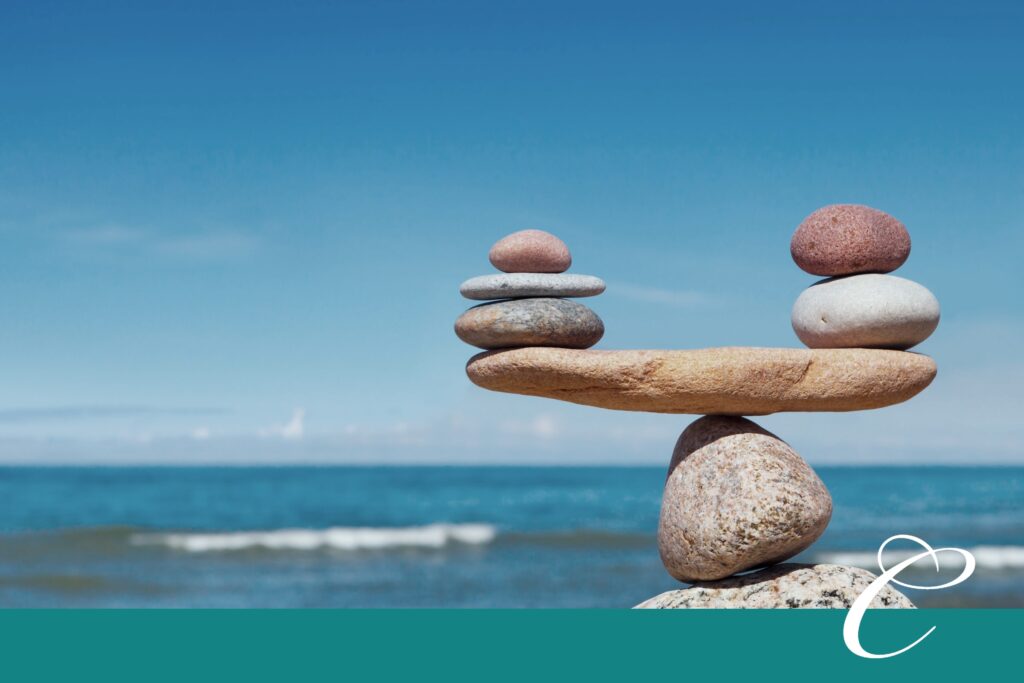Early retirement is a dream for many, offering the promise of more free time and the opportunity to enjoy life to the fullest. However, transitioning into early retirement also comes with unique financial challenges. Achieving the right balance between leisure and finances is key to ensuring a secure and fulfilling early retirement. This article is meant for those planning for early retirement or considering it, and we’ll explore strategies for striking that balance and provide additional insights for a more comprehensive approach.
Planning for Early Retirement Tip #1: Plan for a Longer Retirement
One of the defining characteristics of early retirement is the potential for an extended retirement period. When planning for early retirement, consider the possibility of spending more years in retirement than those who retire at traditional ages – even 40 years or more. Adequately funding your retirement accounts is crucial to support this longer time horizon.
Planning for Early Retirement Tip #2: Create a Detailed Budget
Developing a comprehensive budget is essential for early retirees. It helps you gain a clear understanding of your expected expenses and income sources during retirement. Consider all aspects of your lifestyle, from housing and healthcare to travel and entertainment. A detailed budget will guide your financial decisions and ensure you can sustain your desired lifestyle, balancing leisure activities and your savings.
Planning for Early Retirement Tip #3: Manage Your Investment Portfolio
Early retirees need to balance risk and return in their investment portfolio. While you may have more time to recover from market fluctuations, you’ll also be relying on your investments to fund your lifestyle. Diversify your portfolio to spread risk and consider conservative investments to protect your capital.
Planning for Early Retirement Tip #4: Healthcare Planning
Healthcare costs can be a significant expense in retirement. In fact, a couple retiring at the traditional age today can expect to pay more than $315,000 over the course of this phase of life. If you want to retire early, you’ll likely need more than that. Explore all your healthcare options, including private insurance or bridge coverage until Medicare eligibility. Understanding the costs and coverage of healthcare plans is crucial for budgeting.
Planning for Early Retirement Tip #5: Understand Tax Implications
Taxes are an important consideration in early retirement. Learn about tax-efficient withdrawal strategies from retirement accounts and how different sources of income are taxed. Taking advantage of tax-advantaged accounts and tax planning can help minimize your tax burden.
Planning for Early Retirement Tip #6: Delay Social Security
Delaying Social Security benefits can result in higher monthly payments. Early retirees who can rely on other income sources can choose to delay claiming Social Security until their benefits maximize at age 70. This strategy can significantly enhance your retirement income, especially if you’re planning for a longer retirement phase.
Planning for Early Retirement Tip #7: Part-Time Work
These days, the word “retirement” doesn’t necessarily mean not working at all. Both traditional-age retirees and early retirees choose to work part-time or take on consulting roles to supplement their income. This can provide financial security while allowing you to continue doing work you enjoy. It can also add meaningful social interactions to your retirement.
Planning for Early Retirement Tip #8: Emergency Fund
Maintaining an emergency fund is essential in early retirement. Having readily accessible cash reserves can help cover unexpected expenses without compromising your long-term investments. It’s typically recommended that an emergency fund contain at least three to six months of expenses, but early retirees may want to consider going further than that to account for more years of potential need.
Planning for Early Retirement Tip #9: Continual Monitoring
Early retirement is a dynamic phase of life. Continually monitor your financial situation, lifestyle, and goals. Regular reviews of your budget and investment portfolio will help you make informed decisions and adapt to changes over time.
Planning for Early Retirement Tip #10: Seek Professional Guidance
Early retirement planning can be complex, and professional guidance is invaluable. A financial advisor with expertise in retirement planning can help you navigate the intricacies of early retirement and provide personalized advice tailored to your unique circumstances.
Enjoying Early Retirement
Balancing leisure and finances in early retirement is about making the most of your newfound freedom while ensuring financial security. You’ll have the opportunity to pursue your passions, explore the world, and spend quality time with loved ones. By achieving the right balance between leisure and finances, you can savor the rewards of early retirement without undue financial stress.
With careful planning, a detailed budget, and smart financial decisions, early retirement can allow you can experience the best of both worlds – a fulfilling, active early retirement and financial peace of mind. If you’re wondering whether early retirement is the right move for you, let’s talk! The experienced advisors on the Cash Financial team can help you determine the most appropriate retirement plan for your needs, goals, and lifestyle desires. Schedule a free consultation with us today!



